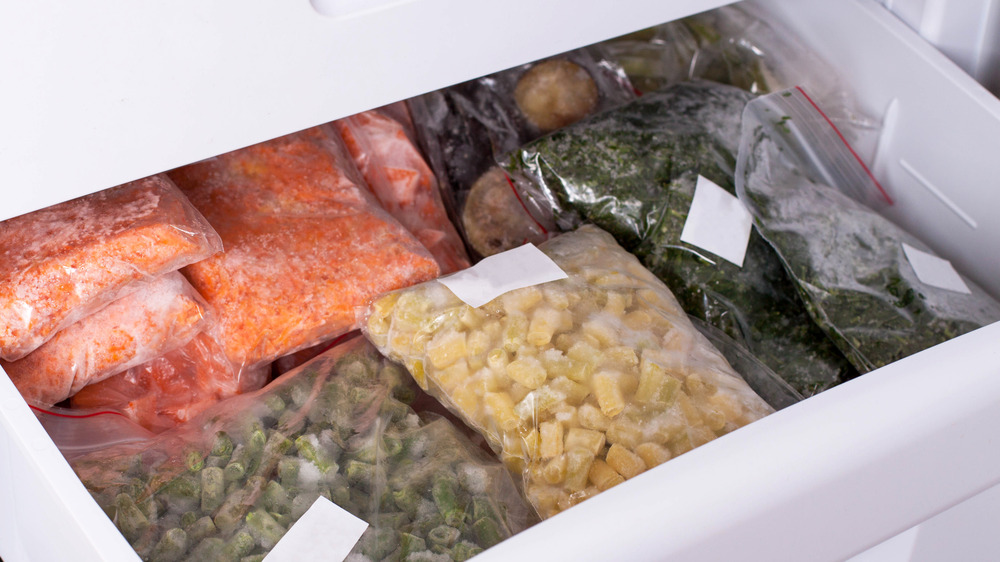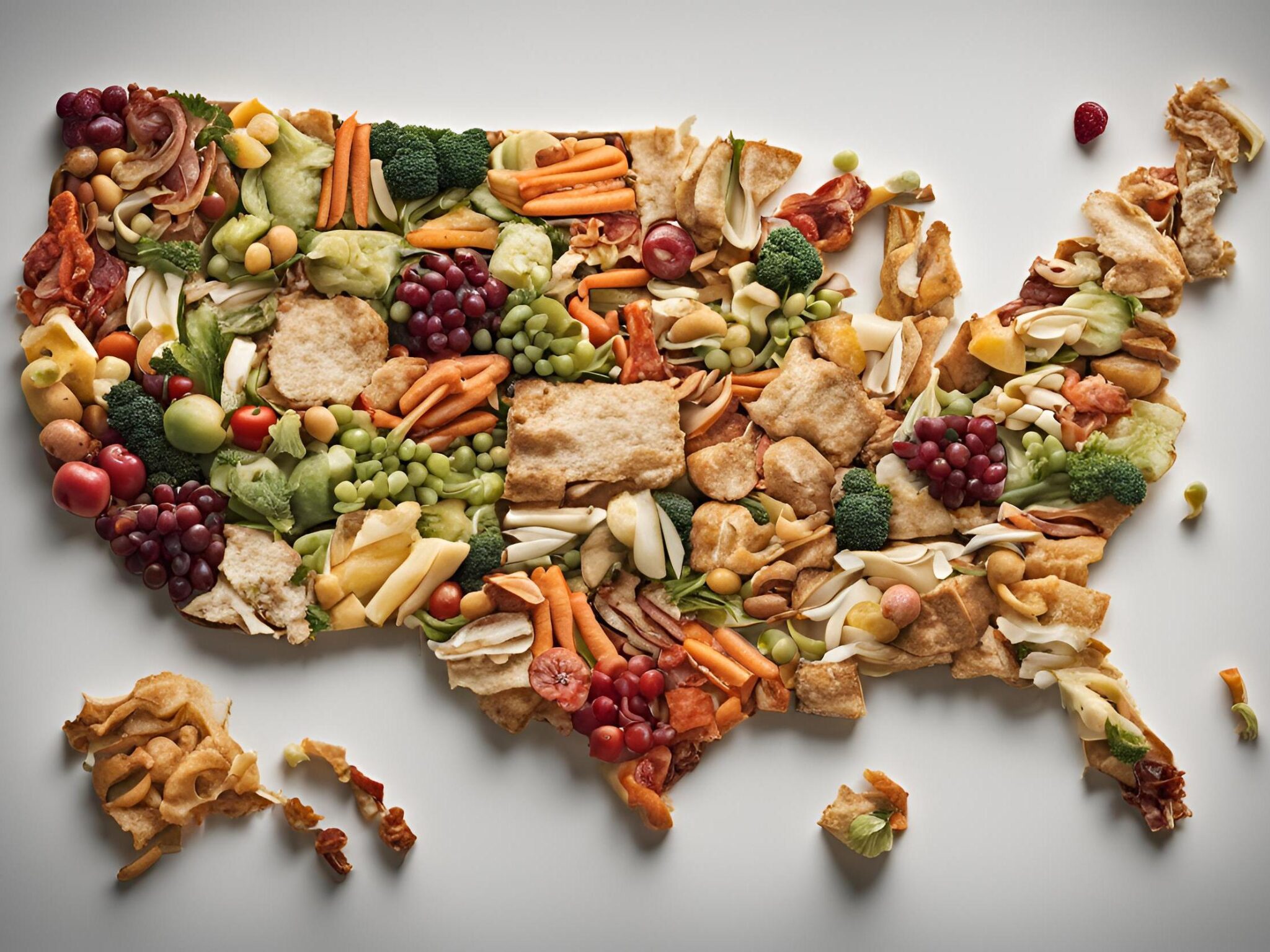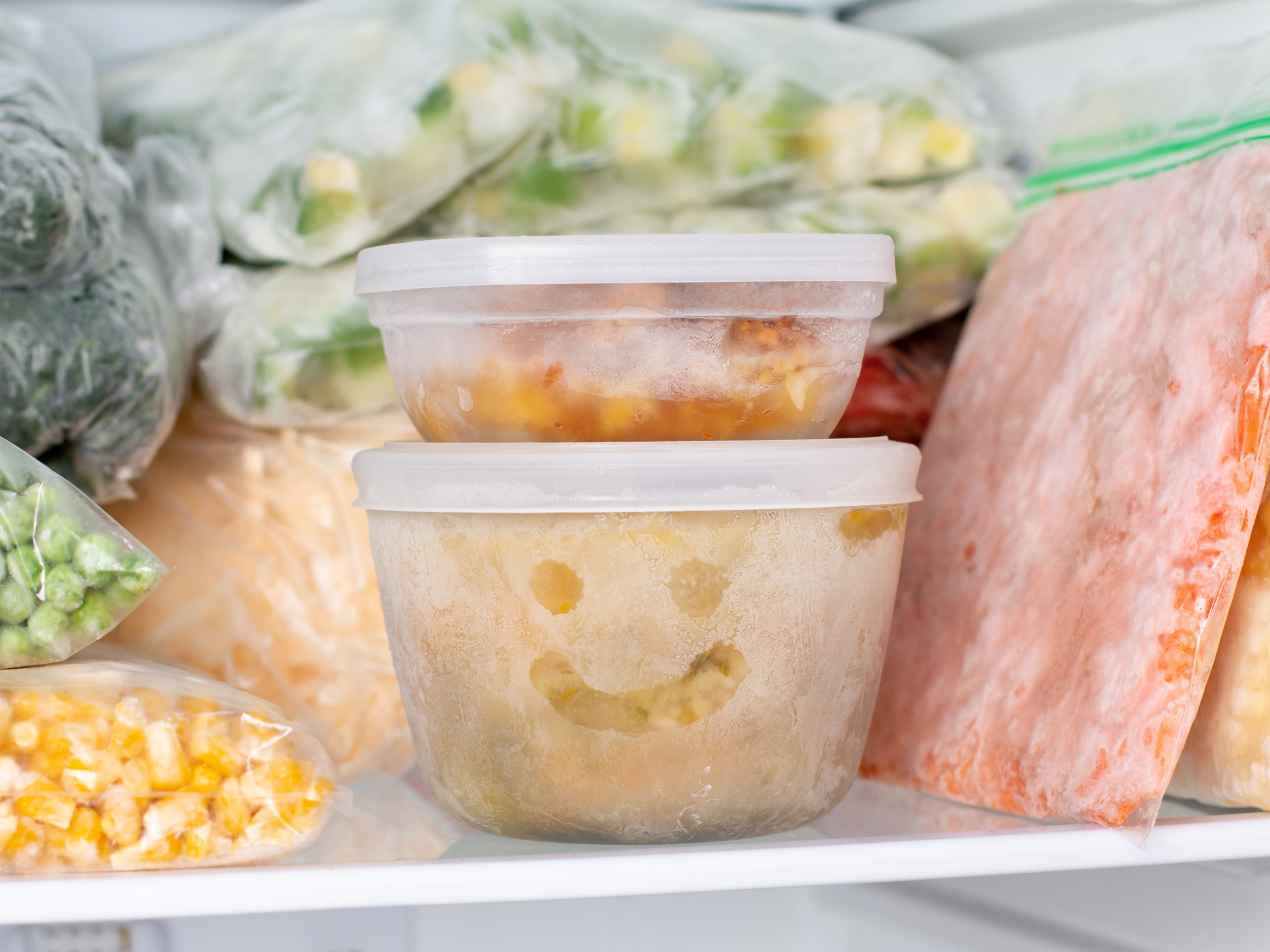Freezing Can Significantly Lower Food Waste & Combat Hunger, Shows US Study
4 Mins Read
A new study shows that 30% more of wasted frozen food is discarded from the refrigerator, highlighting the waste-mitigating potential of freezing leftovers.
Putting leftovers in the fridge can have a tremendous impact on saving food waste, according to a new study.
A national survey in the US has found that discarded frozen items account for only 6% of all household food waste, and based on the small share, researchers say stocking freezers could be a great way to prevent the wastage of food that’s otherwise perfectly good.
“We found that households with home freezing behaviours are more likely to have less food waste than other households,” said lead author Lei Xu, who conducted the study with Brian Roe, a professor at Ohio State University.
How freezing is linked to lower food waste

In the US, 38% of all food goes to waste, which is worth $473B. But separate research from Roe suggests that consumer food waste is trending upward. This study, however, is said to be the first to look into how freezing can tackle household food waste.
The study was based on data from questions added to the National Household Food Waste Tracking Survey, with over 1,050 Americans participating. Respondents were asked to estimate the percentage of all discarded food that was frozen in the previous week, and whether it was originally frozen or placed in the freezer later.
The poll found that 85% of households buy frozen foods, and 55% do so to reduce waste. These households were also more likely to shop infrequently (two to three times a month) and have an annual income of under $50,000.
Vegetables were the food category most wasted (22% of the total), meat (20%), and potatoes and grains (15%).
The data also showed that households that frequently freeze food waste significantly less of it. Those more likely to freeze fresh items of extra food were aged 45 and above, and living in households with at least three people. This suggests that consumers with a home freezing routine could be more experienced at managing group meals and inspired to slash food waste, according to the authors.
“Based on what we’re seeing among households, we still have space to increase awareness to save food by using freezing behaviour,” said Xu, whose study noted that the freezer could bring economic and environmental benefits via its waste-mitigating potential.
Policy measures can be useful

The researchers found that of the frozen food that ends up tossed in the trash, 30% more was discarded from the refrigerator instead of the freezer.
“Thinking about why that happens, it might mean they don’t understand food storage techniques and don’t understand how long they should keep certain foods and where they should put it,” said Xu. “This suggests more explicit food storage instructions on food labels could educate consumers about how to correctly store foods to reduce waste.”
The US Department of Agriculture, which supported the study, estimates that the average family of four spends $1,500 a year on food that ends up uneaten. But this exacerbates the county’s food insecurity – nearly 13% of households are uncertain or unable to acquire enough food for all members at some point in the year. The amount of food lost or wasted could feed around 46 million Americans – or more than the entire states of New York and Florida, combined.
“The fact that food waste is still increasing may suggest to policymakers that campaigns could be useful to educate households about balancing purchasing behaviour and making the most of the food they buy,” Xu said.
There are several policy mechanisms hoping to deal with food waste across the US. Some states – like Connecticut, Massachusetts and California – have introduced bans, albeit with mixed effects.
And on the national level, the Biden White House introduced the first-ever strategy to fight food waste, published in collaboration with the USDA, the Food and Drug Administration and the Environmental Protection Agency.
Meanwhile, Seattle-based startup Tomorrow will next year launch a fridge that uses AI-powered postharvest physiology tech to significantly prolong the shelf life of fruits and vegetables.



